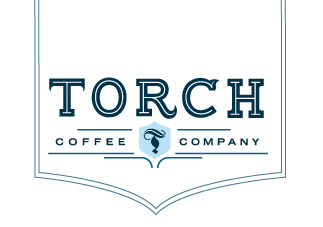SCAE Sensory Skills Foundation
The SCAE Sensory Skills Foundation course covers the essentials of sensory evaluation in a practical and interactive manner, including the way we perceive what we taste and how to apply it when evaluating the intrinsic characteristics of coffee. It also offers an insight into identifying specialty coffee qualities, as well as an overview of how to implement this in business. Students will learn about sensory analysis and evaluation, the importance of sensory analysis in coffee, the tastes and aromas in coffee, cupping protocols, and core sensory equipment. Designed for aspiring baristas, roasters, and coffee professionals looking to understand the sensory basics of specialty coffee, this course does not require any prior knowledge. This one-day course consists of four short practical tests and a written test with 15 questions and a passing score of 60%, successful students will be awarded 5 points towards the SCAE Coffee Diploma.
